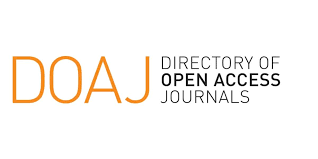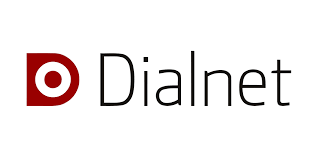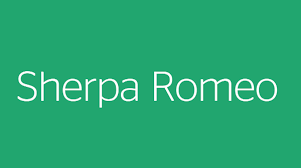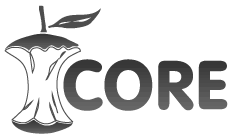Ethics and good practices
The editorial team of the Journal is committed to the scientific community to guarantee the ethics and quality of the published articles. The publication takes as a reference the code of conduct and good practices that the Publication Ethics Committee (COPE) defines for editors of scientific journals, as well as the recommendations of the Directory of Open Access Journals (DOAJ), the Open Access Scholarly Publishers Association (OASPA) and the "SciELO Guide to Good Practices for Strengthening Ethics in Scientific Publishing".
Duties of editors
The editor must always guarantee: fair play and editorial independence, confidentiality, disclosure of conflicts of interests, publication decisions, and participation and cooperation in research, following COPE rules.
Duties of Reviewers
Reviewers have a duty to: Contribute to editorial decisions, Promptness, Confidentiality, follow Standards of Objectivity, Acknowledgment of Sources, and Disclosure of any conflict of interest.
Duties of Authors
Authors must report data standards, access and retain data, ensure originality and avoid plagiarism, avoid multiple, duplicate, redundant, or concurrent submission/publication, ensure authorship of the manuscript disclosure of any conflict of interest , acknowledgment of sources, human or animal subject hazards (if required to declare), participating in peer review, and declaring fundamental errors in published works if necessary.
Duties of the Publisher
Handling Unethical Publishing Behavior and Assurance of access to the content of the journal.
Retractions and Reports
At the journal, we take reports of plagiarism and any inappropriate content very seriously. Upon receiving a complaint, the relevant investigations are conducted, and if necessary, the document will be retracted or amended in accordance with COPE regulations.
Recommendations for gender related practices
We understand that there are many issues where gender diversity is necessary. However, we encourage the publication of works that focus on women and the issues that affect them. This does not mean that we discredit other works that, provided they meet the criteria, can be published and address issues of concern to all gender diversity.












